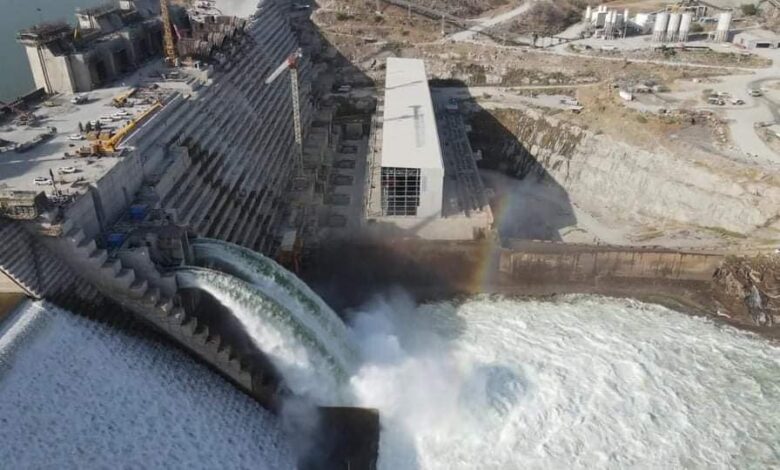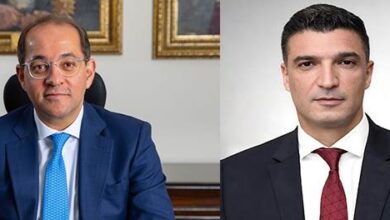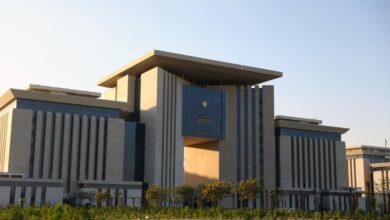
The spokesperson for Egypt’s Irrigation and Water Resources Ministry Mohamed Ghanem on Monday said that Ethiopia’s stance remains unchanged and negotiations have not brought anything new during the tripartite ministerial meeting between Egypt, Sudan and Ethiopia to discuss the Grand Ethiopian Renaissance Dam (GERD).
During an interview with Ahmed Moussa’s TV show “Ala Massoulity” (By My Responsibility), Ghanem explained that, “So far, the Ethiopian side has not had a tangible change in the matter of the Ethiopian dam, and there are technical proposals that we have submitted, which take into account the interests of Egypt, Sudan and Ethiopia, according to a binding legal agreement.”
Technical options were raised during the negotiation process which take into account tripartite interests, he said, noting that Sudan and Egypt’s interests are in line.
“There is a negotiation round in the last half of September, and we are continuing to negotiate with proposals that reserve the rights and interests of each country, and the basis for negotiation is the position of Ethiopia on filling GERD at the time of drought and prolonged drought, and not just related to the fourth filling,” he added.
“We hope that Ethiopia’s position will be positive, with the existence of a dispute settlement mechanism between the three countries in various cases,” he said, adding that Egypt will constantly maintain its water rights.
Stagnant talks
The Ethiopian government announced on August 11, 2022, that it has completed the third GERD filling unilaterally.
It announced the operation of the second turbine in GERD to generate electric power, which comes in light of the tension between Addis Ababa and Egypt, Sudan due to what the two countries consider a negative impact of the dam on their water shares of the Nile River.
Egypt and Sudan say they want a legally binding agreement on operating the dam, while Ethiopia says any pact should be advisory.
Both countries consider the dam a threat to their vital water supplies, while Ethiopia considers it essential for development and doubling its electricity production.
The downstream nations fear possible blows to water facilities, agricultural land, and overall availability of Nile water.
Negotiations over the dam between Egypt, Ethiopia, and Sudan have stalled for years, with the three parties ultimately failing to reach any agreements.
The disputed dam is the largest hydroelectric project in Africa, with a cost of more than four billion dollars.




